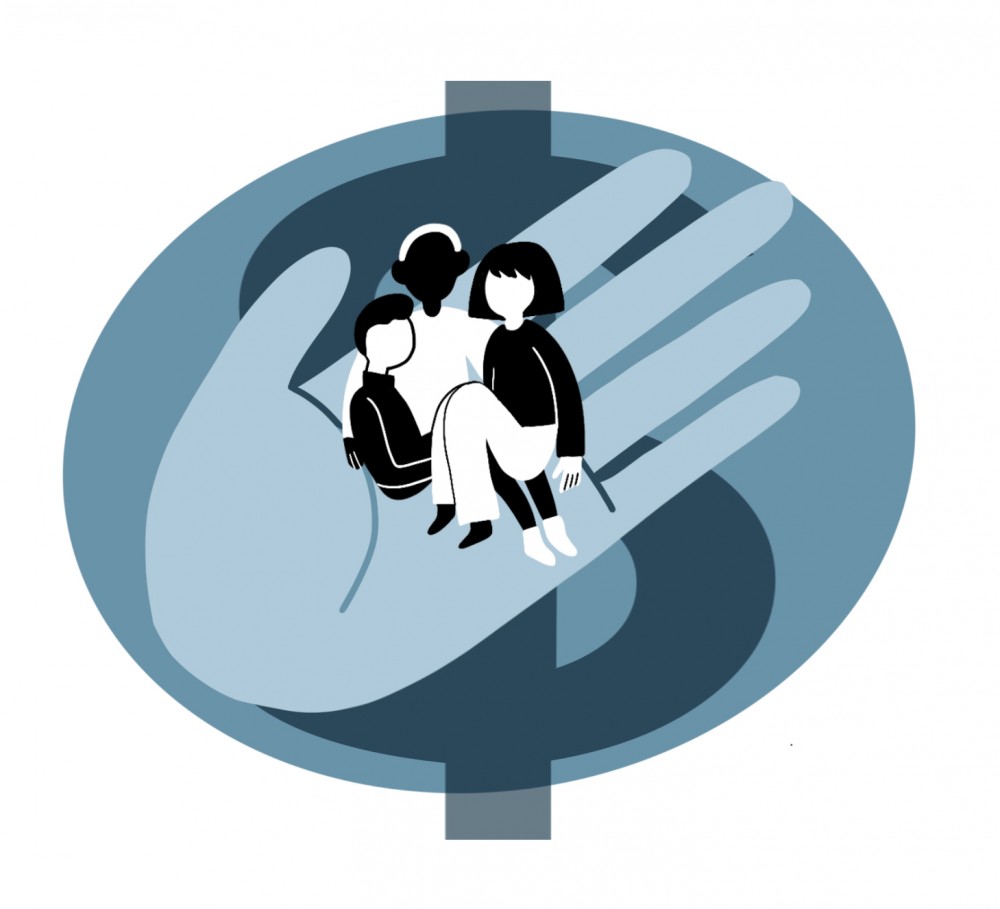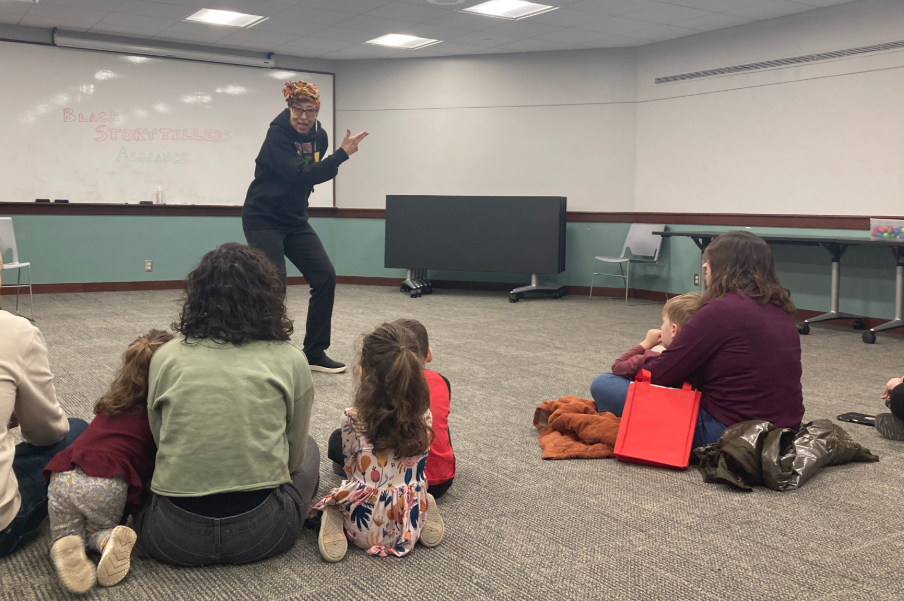University of Minnesota Deferred Action for Childhood Arrivals recipients are expecting financial challenges in the upcoming year due to their exclusion from CARES Act funding.
Despite alternative University funding options, the April exclusion from Congress’s CARES Act proves to add greater funding barriers for recipients of the DACA program. Some University officials said the exclusion exacerbates problems for a group already disproportionately impacted by COVID-19.
DACA is a program that protects immigrants who came to the country at a young age from deportation. The initiative began accepting applicants in 2012 under the Obama administration. DACA was rescinded in 2017 under the Trump administration but was recently upheld in a June Supreme Court decision.
Marissa Hill-Dongre, director of the University’s Immigration Response Team, said that even though DACA students are eligible for some aid — like the University’s donation-based Dream Fund or the emergency funding for COVID-19 relief — their exclusion from CARES Act relief has taken a toll on some recipients. Congress passed the CARES Act to alleviate financial burdens caused by the pandemic.
“I have been in touch with DACA students, since COVID really took over everything, who are having a hard time financially, and the fact that they’re not eligible for the CARES funding has made things harder,” said Hill-Dongre, also the assistant director of the University’s International Student and Scholar Services.
Similar to international students and other noncitizen groups, DACA students generally do not qualify for federal loans or aid. Instead, they must rely on state programs, institution-specific initiatives and scholarships, and private loans, which tend to carry significantly higher interest rates.
Regardless, the U.S. Department of Education has faced criticism regarding the April guidance. Alongside national outcry, experts at the University have criticized the DOE for being much more restrictive than Congress intended for the original legislation.
Seiko Shastri, a 2021 Juris Doctorate candidate at the University Law School, said the question of eligibility for CARES Act funding is not as straightforward as the April ruling makes it seem. She cited “strong arguments” that Congress did not place certain limits on funding.
“The DOE’s guidance and its proposed rule are very cruel. Its actions also don’t seem to be especially well-supported by the CARES Act itself,” she wrote in an email to the Minnesota Daily.
Some people have speculated that waiting for the Supreme Court case influenced the DOE’s guidance in April.
“I think that the fact that this act was passed at the same time that we were waiting on the Supreme Court ruling on the legality of DACA has politicized the CARES Act in a way that maybe it wouldn’t have been had it been passed not in the shadow of the Supreme Court case,” Hill-Dongre said.
Of the more than 640,000 DACA recipients living in the U.S., over 5,100 live in Minnesota, per recent data from the Migration Policy Institute. The organization estimates that more than 1.3 million people, 9,000 in Minnesota, were eligible for DACA before Trump rescinded it. They could be eligible again as the program begins reaccepting applicants under the new Supreme Court ruling.
A majority of DACA recipients belong to identity groups that have been disproportionately impacted by COVID-19. According to APM Research Lab data, 2.5 times as many Latino people die of COVID-19 compared to their white counterparts.
Though there is a wealth of diversity found in the birth countries of recipients, over 80% of DACA recipients were born in Mexico. Several other Latin American countries and South Korea have the next highest numbers.
Hill-Dongre said, “Oftentimes some of the people who are the most hurt by the way COVID is impacting the economy are impacted doubly by their ineligibility for CARES Act funds.”








